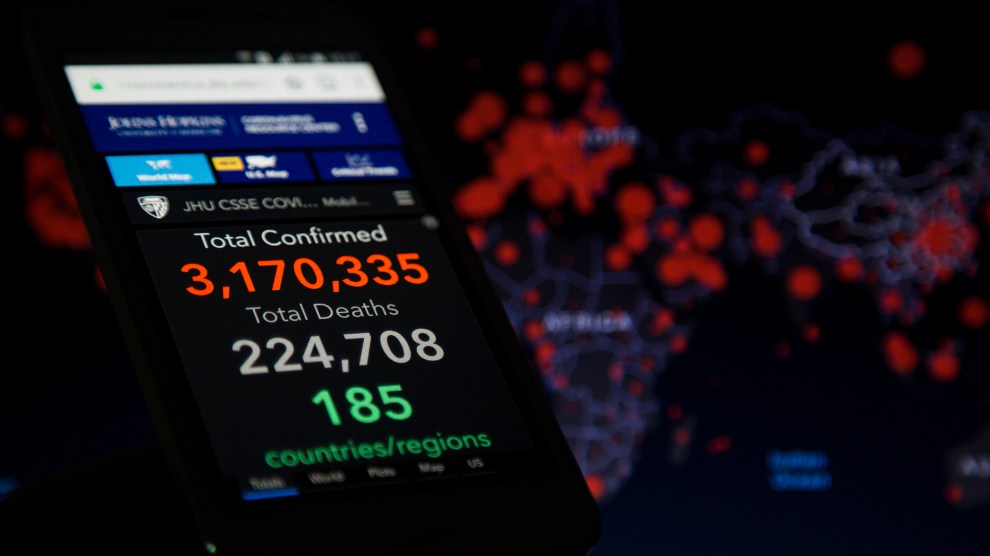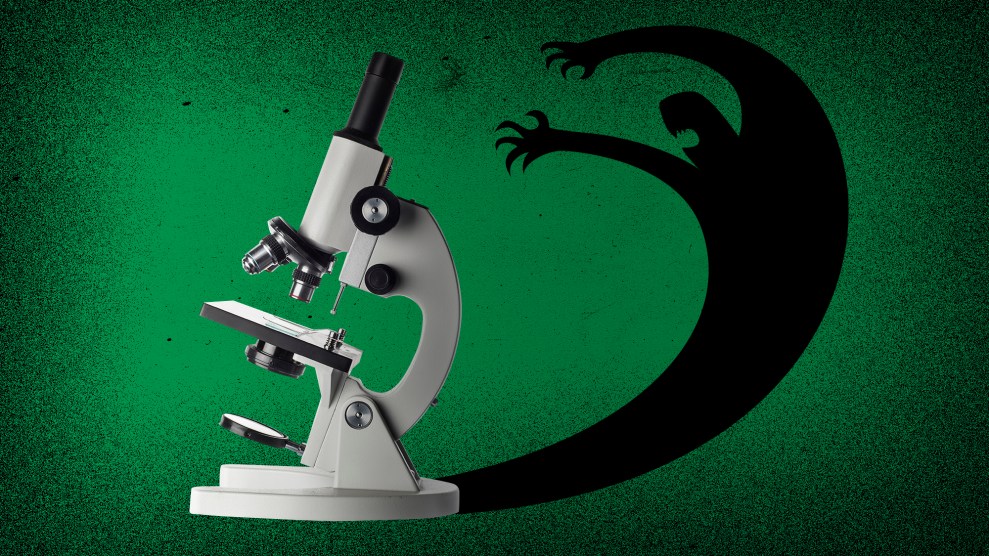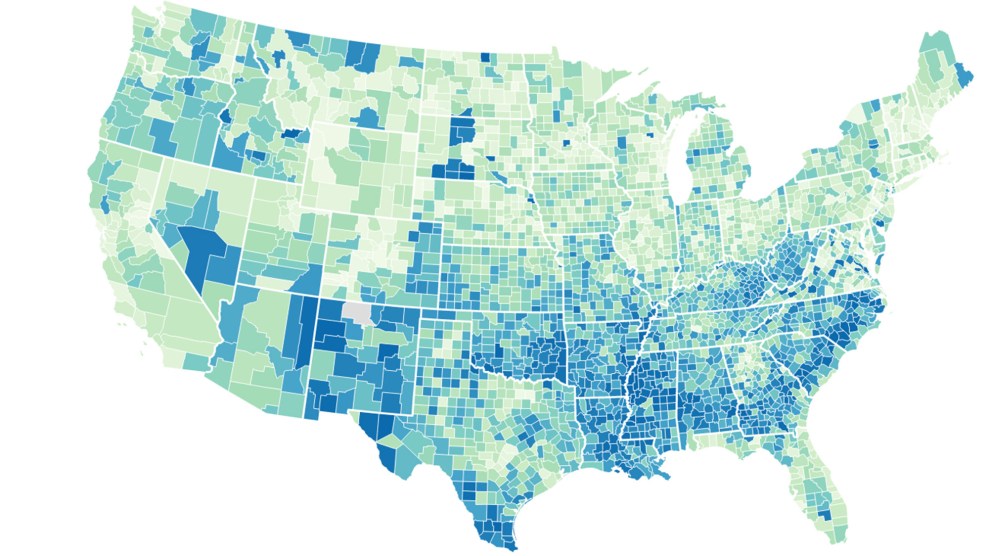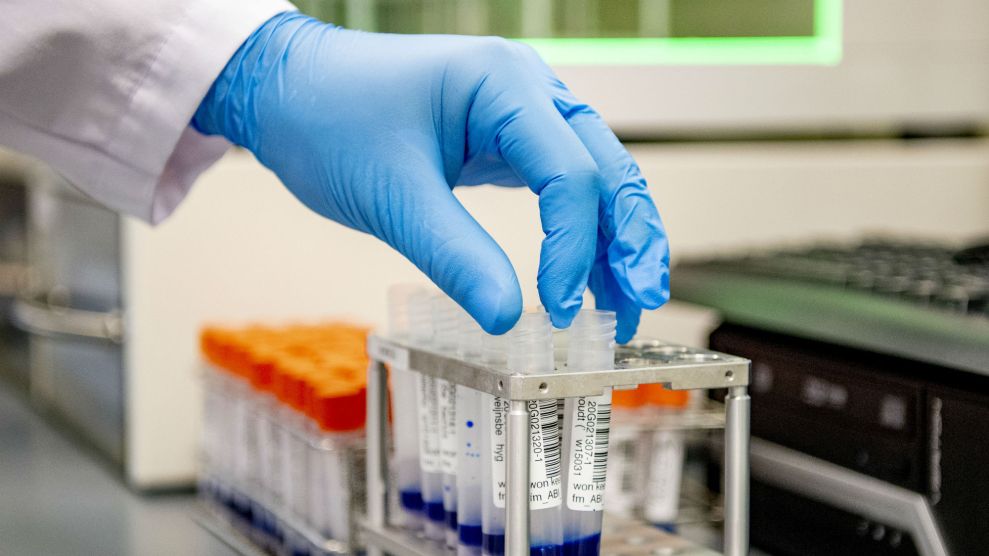
Andre M. Chang/ZUMA
At a Fox News Town Hall in front of the Lincoln Memorial on May 3, President Donald Trump revised the US coronavirus death toll, citing a number significantly higher than what he’d been predicting just a few weeks ago. “I used to say 65,000, and now I’m saying 80 or 90, and it goes up and it goes up rapidly,” said the president.
Confused about what to make of this? Us too. And with new data and studies about the coronavirus coming out every day, understanding how science and statistics work has never felt more essential—and, let’s admit it, overwhelming.
That’s why we brought two people onto the Mother Jones Podcast this week who can help sort through it all, providing tips and tricks for identifying reliable data. Sinduja Rangarajan, a senior data journalist at Mother Jones, has been analyzing data to show how COVID-19 is infecting Black communities at alarming rates, to highlight which communities are the least prepared for the coronavirus, and to forecast when states will run out of hospital beds. “It’s not always clear what kind of data sources are trustworthy or not,” Rangarajan tells host Jamilah King on the Mother Jones Podcast. “When I’m reporting on these topics, I tend to be skeptical of everything, no matter where that data’s coming from, whether it’s from a city or a state or from universities or nonprofits or think tanks or private companies.”
King also talks to Jackie Flynn Mogensen, an assistant editor at Mother Jones, who has been reporting on the medical science of the pandemic, answering key questions on immunity and antibodies and helping us make sense of all those terrifying death projections. Her recent reporting takes a step back and reveals just how complicated all this science actually is—and how, in the frantic rush to get more and more information about the new virus, it can sometimes be untrustworthy or riddled with conflicts of interest. “Science isn’t about being right. It’s the process of becoming less wrong,” Mogensen explains on the podcast. “What the experts have told me is that making a mistake now, like in the case of ibuprofen, can cost lives.”













